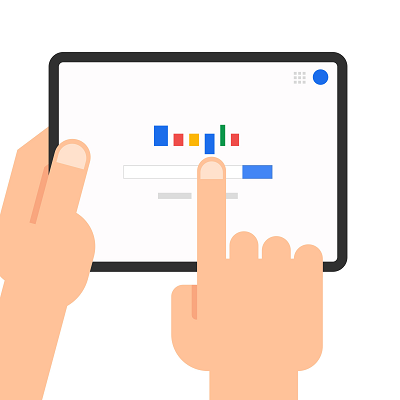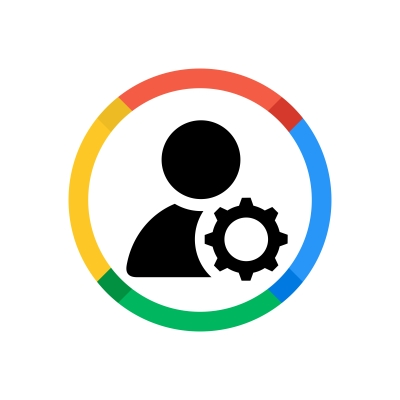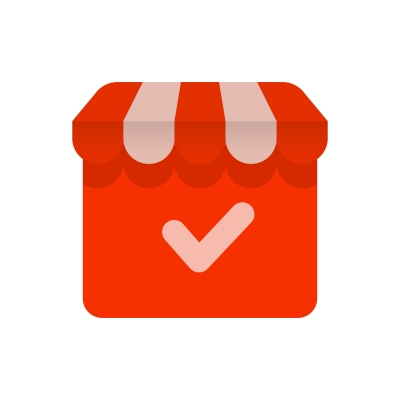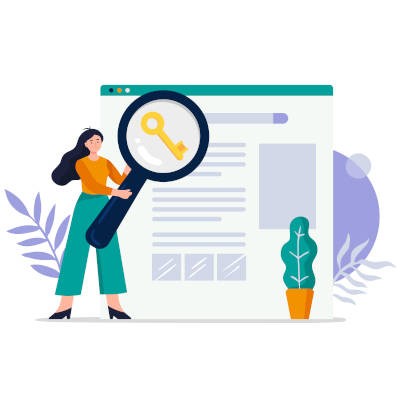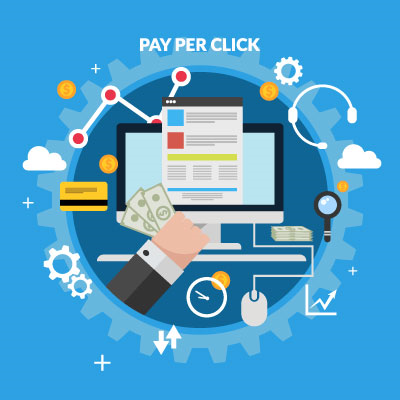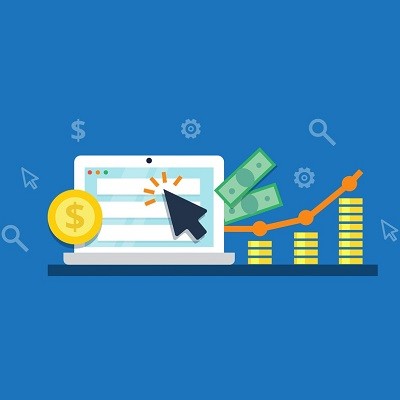When it comes to Google Business Profiles and Google’s algorithm your business’ visibility may depend on how good your business’ profile is. We further explain how to optimize your profile to not only comply with the practices demanded by the almighty Google Search algorithm but also provide searchers with the exact information they need.
JoomConnect Blog
If you’ve made it this far into our series, good for you, you’re on your way to finishing mastering your Google Business Profile. For the last segment of our series, let’s continue our discussion on Google Business profiles and how to really make your profile yours, and how to use it for engagement from your audience!
If you’ve been following our series, you're aware we’ve been exploring Google Business profiles and the ways you can best optimize your profile to suit your business’ needs. Now, we are going to explain how to get started with claiming your business’ profile.
Your business’ online web presence is directly related to how extensive your SEO strategy is. As you by now know, a good way to improve and manage your SEO is your business’ Google Business profile.
When it comes to your business’ visibility online, your search engine optimization (SEO) strategy plays an absolutely critical role. While SEO is influenced by a lot of different factors, we wanted to focus on one way you can boost it: your Google Business profile.
Are your top-performing keywords at the top of page one on Google but receiving no click-through? Did you know that this is part of Google's plan...to give searchers the information they want as quickly as possible, without needing to visit your website? Take a moment to learn why featured snippets and zero-click searches can generate qualified leads for your MSP.
Are you an MSP looking for leads but don’t know how to get started? Has Google sent you a $150 coupon for Google Ads and you’re thinking about trying it out? Before you do, here are some things to consider before you invest in Google Ads to market your MSP.
As marketing has shifted to predominantly take place online, it is important to understand the tools available in order to best make use of them. Google AdWords is a prime example of a tool that can provide notable marketing benefits--although it may not be the right fit for everyone.
If you’re familiar with the common digital marketing tactics, you have probably heard of pay-per-click (PPC) advertising. If you’re not, it’s essentially a way for you to promote your company online to your target audience while still keeping your marketing budget under control: you pay when a person clicks on your ad.
A great way to see an improvement in your website traffic is to run pay-per-click (PPC) ads. These advertisements can help clients and prospects discover your MSP’s numerous service offerings, and even serve as a reminder of what you do if they’ve visited your website before.
Ensuring that your web presence is optimized to attract the attention of search engines is a key feature of creating your website. However, some pieces are more important than others, especially in the eyes of Google. A prime example is meta keywords--do they really influence your search engine ranking?
You may have heard this joke before: where should you hide something that you don’t want people to find? The punchline that goes with it: you hide them on the second page of Google.
I’m sure you’ve heard the acronym ‘SEO’ thrown around a lot. As important as SEO is, it’s something that isn’t fully understood by most small to medium-sized businesses due to the complex nature of it all. Continue reading our blog to better understand how to use SEO tactics to improve your MSP’s search engine ranking.
On April 21st, Google made a major update to their search algorithm. Their algorithms are tweaked and changed all the time, but this update is significant because it totally changes the way Google indexes non-responsive websites.
If your website isn't considered mobile-friendly (more on that in a moment), it will lose rankings on google when a user is searching from a mobile browser. Although the changes are in place, the results could take days, weeks, or months to take. According to Google, this change doesn't affect desktop search. It affects mobile devices like smartphones and tablets (however Windows 8.1 tablets are only affected when using the browser from the Metro interface).

